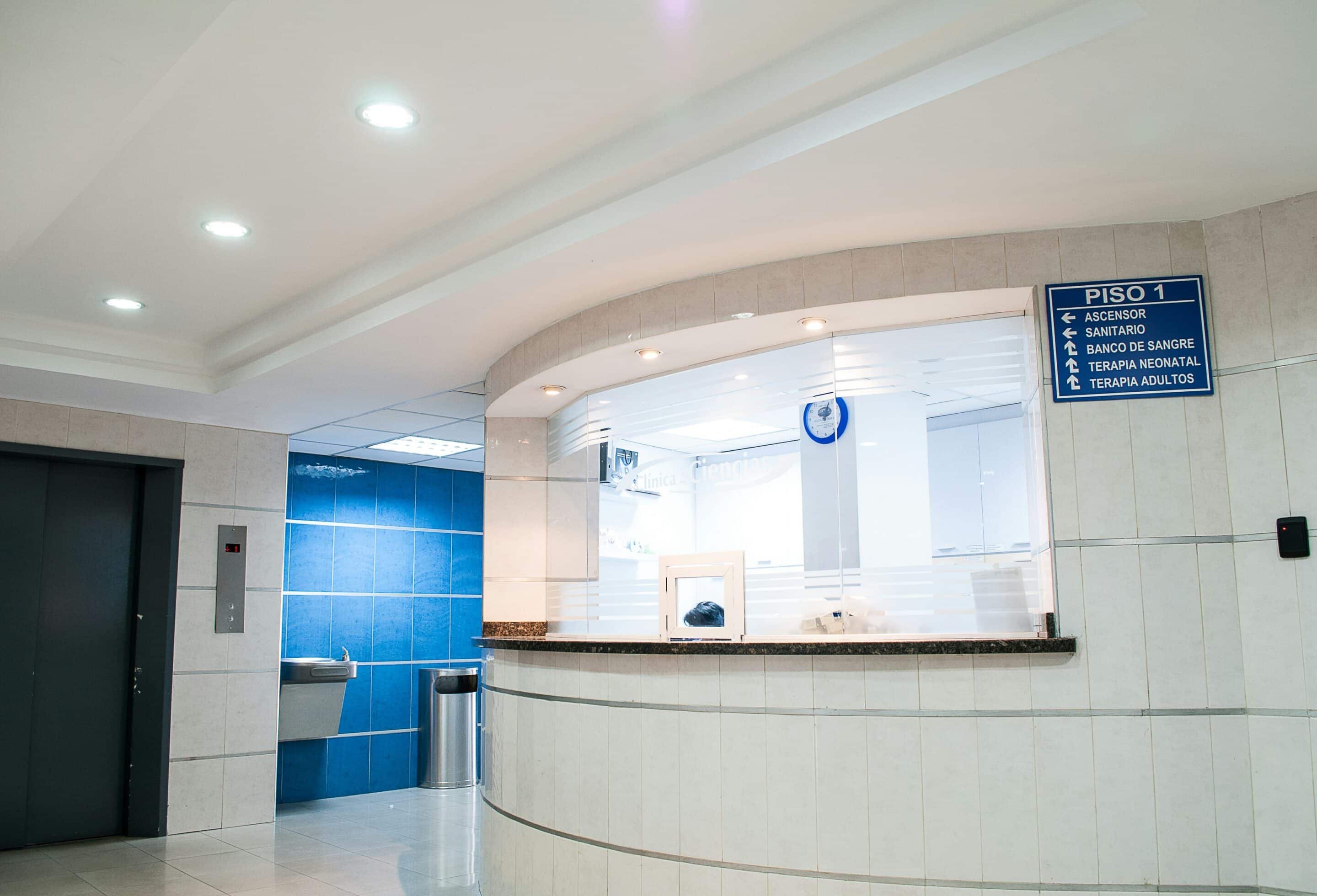Addiction recovery is an intricate and deeply personal journey, with each step being as critical as the next. For many, the start of this voyage begins with what is known as a Partial Hospitalization Program (PHP).
This phase in the rehab process is particularly crucial, standing between the intensive structure of inpatient care and the relative freedoms of outpatient programs. We’ll explore the terrain of a PHP, or day rehab, providing insight into what you or a loved one can expect from this pivotal stage of recovery.
What is a Partial Hospitalization Program (PHP)?
A PHP is an intermediate level of care that provides patients with an extensive treatment plan while allowing them to reside at home. This structure allows individuals to maintain a connection to their support network and work or schooling commitments, which can be pivotal for long-term success post-rehab. The typical daily schedule mirrors inpatient treatment, with therapy sessions, medical check-ins, and group activities central to the program.
The Natural Progression Through PHP
Assessing Needs and Objectives
Upon entry into a PHP, a medical and psychological assessment will be conducted to determine the individual’s substance use disorder history, co-occurring conditions, and overall health. From there, personalized treatment goals are established, aligning with the patient’s aspirations for recovery and the facility’s best practices.
Structured Treatment Days
PHP treatment is often an everyday affair, though the length and frequency of sessions may vary according to the facility and the specific patient’s needs. Structured around a standard workday, patients can expect a range of therapeutic sessions, which may include individual counseling, group therapy, medication management, and lifestyle classes to enhance overall well-being and coping skills.
Building a Support Network
One of the standout features of PHP is the emphasis on community. Patients often find themselves in supportive environments that not only offer professional help but also foster connections among peers who are also on the path to recovery. Building these relationships can provide much-needed support beyond the program’s duration.
Developing Coping Strategies
PHP participants are taught a variety of coping mechanisms to handle the triggers and temptations that could jeopardize their recovery. This phase is where many begin to solidify the strategies that they will carry through to the outpatient stage and beyond, setting a strong foundation for a sustained sober lifestyle.
The Length of a PHP Program
The duration of a PHP can vary widely, ranging from a couple of weeks to a few months. The ideal length is something to be determined through consultation with treatment providers, and it will rely on factors such as the severity of the addiction, the presence of co-occurring disorders, and the individual’s personal resources.
Short-Term PHP Programs
For those with milder substance use disorders or who have completed a higher level of inpatient treatment, a short-term PHP program can offer the necessary support and structure. Typically, these are programs lasting between 2-4 weeks and are designed to reinforce earlier gains made in recovery.
Long-Term PHP Programs
On the other hand, individuals who require a more prolonged and intense level of care may find benefit in a longer PHP program. These extended programs, which can be as long as six months, allow for a more gradual reintegration into everyday life while still providing a robust treatment infrastructure.
PHP vs. Outpatient Programs
The distinction between a PHP and an outpatient program can sometimes be subtle. However, the key difference lies in the intensity of the treatment. An outpatient program typically offers fewer hours of therapy per week than a PHP and often serves as a step-down program following completion of a partial hospitalization regimen.
PHP as an Inpatient Step-Down
Many health professionals view PHP as a crucial transitional phase from inpatient to outpatient care. Its structured format acts as a bridge, allowing patients to practice their newfound skills in the more autonomous setting they will eventually encounter in the traditional outpatient setting.
Outpatient Programs and Continued Progress
Once a PHP is completed, the transition to an outpatient program marks a significant milestone. These programs can be less time-intensive but still allow for continued professional guidance and support while individuals reengage with various aspects of normal daily life and gradually take on more independence in their recovery efforts.
The Role of Family and Support Systems
Families and close support systems play an integral role in the recovery process of an individual in a PHP. They may partake in therapy sessions, empowering them with knowledge and tools to assist in their loved one’s recovery. Involving loved ones in the care plan fosters an environment of understanding, encouragement, and necessary participation in the recovery process.
Contact Impact IOP – Louisville Addiction Treatment Center
Partial Hospitalization Program (PHP) offers individuals a crucial phase in their addiction recovery journey. With structured treatment and support, patients can develop coping strategies and build a strong support network to aid them in maintaining sobriety.
If you or a loved one are considering PHP as part of your addiction treatment plan, reach out to Impact IOP – Louisville Addiction Treatment Center today for more information and support. Our team of professionals is dedicated to providing personalized care and helping individuals achieve long-term success in their recovery journey.

